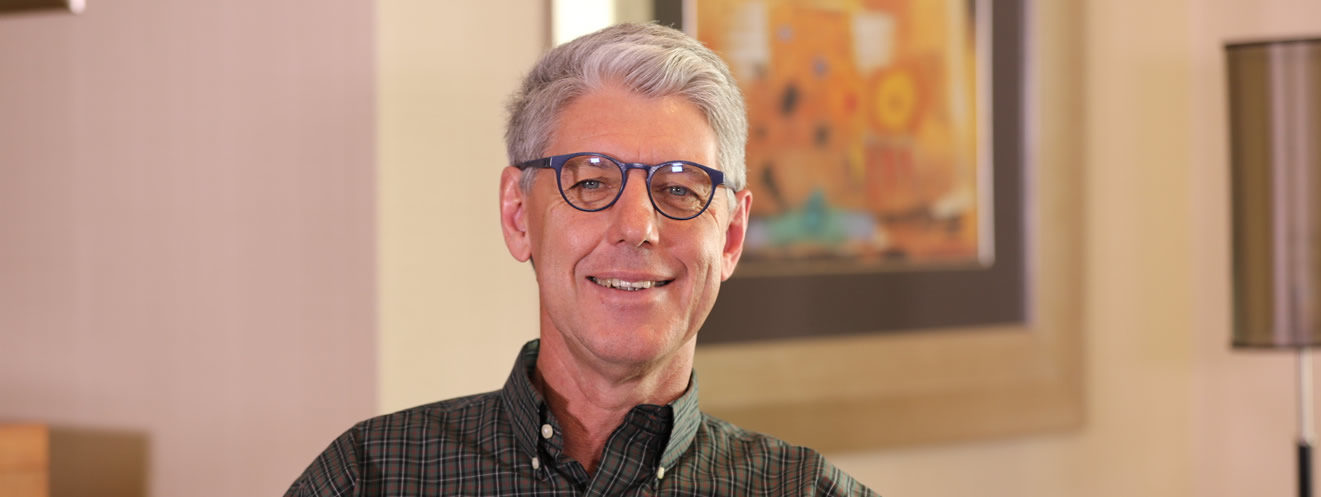Tata On The Up
Published: 1st March, 2019

Vehicle uptime is a critical factor in ensuring profitability for any transport operator – and it’s that aspect that has helped to shape core strategies for truck brands Tata and Daewoo in South Africa.
“Uptime is the first metric I look at when reports come in from the field,” says Len Brand, CEO, Tata International Africa, which also promotes locally vehicles produced by Korean brand Daewoo, which was bought by Tata in 2004.
“In any transport operation, sustaining uptime is vital to success – and it’s that aspect that has shaped our South African business philosophy. Everything we do is aimed at helping our customers to keep their trucks moving.”
Since Brand’s appointment as head of TAHL in August 2016, he and his team have devised and implemented a number of key strategies to ensure that not only are the right products on offer by the right people at the right places at the right time, but that the means of maintaining them properly and efficiently are in place, too.
“About 45% of Africa’s truck potential lies in South Africa,” Brand says. “It’s a vitally important market in which reliability, speed and efficiency are crucial to success. Machinery must be seen to work and to keep on working – that’s the essence of profitability.”
In the Tata and Daewoo brands, Brand believes that recently implemented changes to the dealer, parts and service networks – in conjunction with renewed focus on training initiatives – have contributed to increased sales this year, as well as helping to lift performance and delivery platforms as intended.
“We’ve introduced a modern and dynamic parts system which has helped to reduce substantially waiting time for orders – about 92% of items are now readily available for picking, and we’ve also simplified the selection process, helping to eliminate incorrect choices.
“Also, we’ve entered into joint ventures and agreements with independent service providers to increase the number of technicians in the field – people who have been trained in our own, dedicated, local technical academy who are now part of our family.
“With more than 90 touchpoints established across the length and breadth of Southern Africa, skilled technicians are able to respond quickly to customer requirements, attending to anything from an accident or roadside breakdown to routine service or maintenance tasks.”
Brand says that while being in a position to keep the wheels of customers’ trucks turning is important, making sure that the right products are purchased at the outset is equally central. “It’s no good compelling a customer to buy a truck that doesn’t suit his or her business,” he says. “Through our brands we offer a wide range from which exactly the right fit can be found, and which cater to a variety of price points.”
“Our dealers are part of the communities they serve. They are known and respected – an important factor in establishing and maintaining customer relationships. Also, they know their products well – and the solutions that each offer.”
According to Brand, Tata trucks are perceived to punch above their weight, while the Daewoo brand has a reputation for refinement. “The two brands are a good fit in a multi-franchise operation,” he says. “Tata represents the Muhammad Ali of trucks – it’s very, very hard to knock it down – while Daewoo is a million-kilometre product that blends a US-derived drivetrain with European cab architecture.”
As far as durability goes, he says one of the secrets of the Tata line-up’s success is the fact that trucks have been designed to carry far more weight than their payload suggests, as road conditions and customer demands in the brand’s origins dictating an ultra-strong chassis.
“That’s one of the reasons why only four percent of trucks sold in India originate in Europe,” he says. “The imports are perceived to be far less durable than the homegrown product. In India, Tata is champion.”
For South Africa, TAHL has established a factory at Rosslyn where knocked-down kits imported from the Indian parent are assembled. Brand says the facility plays a significant role in the brand’s local marketing operations since vehicles built there incorporate specific elements requested by South African customers following extensive field trials. The facility is one of a number of similar assembly plants the company operates on the continent.
Further, TAHL recently aligned with key SA banks for our own retail finance solutions, which helps to make our vehicles more competitive for our customers. “The hard work has been done,” Brand says. “We’ve been very busy over the past two years getting all facets of our operations up to speed, always with the main aim of maximising uptime.
“The changes we’ve implemented seem to be working, with sales volumes increasing this year and our footprint across South Africa extending. As I’ve said before, we are looking to become the country’s third biggest player in terms of truck sales – and I don’t see why we shouldn’t succeed.”



